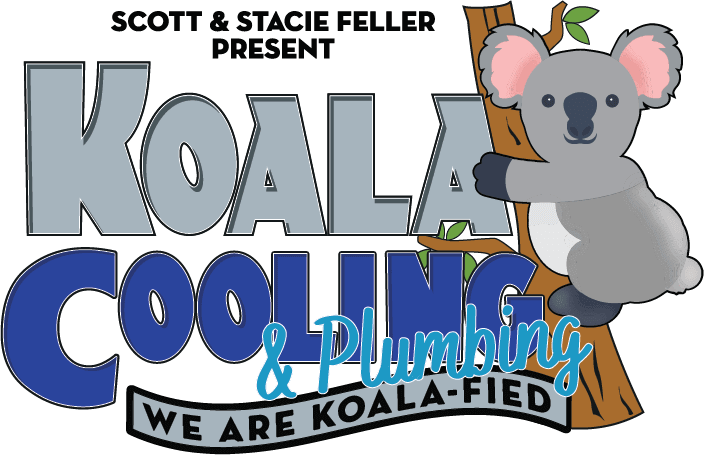Home Improvement and Water Efficiency
In an age of environmental awareness and resource conservation, the concept of home improvement has evolved to encompass not only aesthetics but also sustainability. Homeowners are increasingly seeking ways to make their homes more water-efficient while enhancing their overall living spaces. In this article, we’ll explore the connection between home improvement and water efficiency, and how this relates to the important role of drain cleaning in maintaining a sustainable home.
The Imperative of Water Efficiency in Home Improvement
Water is a precious resource, and ensuring its efficient use is a cornerstone of responsible home improvement. Water-efficient home improvement projects offer several benefits:
Cost Savings: By reducing water consumption, homeowners can lower their utility bills significantly, saving money over time.
Environmental Impact: Decreased water use translates to a reduced carbon footprint, as the energy required to treat and deliver water is energy-intensive.
Resale Value: Homes with water-efficient features are increasingly appealing to environmentally-conscious buyers, potentially increasing property values.
Compliance: Building codes and regulations often require new constructions and renovations to incorporate water-efficient fixtures and practices.
Water-Efficient Home Improvement Projects
Several home improvement projects can enhance water efficiency:
Low-Flow Fixtures: Installing low-flow faucets, showerheads, and toilets can reduce water usage without compromising functionality.
Rainwater Harvesting: Collecting rainwater for landscape irrigation or toilet flushing can save thousands of gallons of water annually.
Greywater Systems: Recycling greywater (wastewater from sinks, showers, and laundry) for non-potable uses conserves water and reduces strain on sewage systems.
Drought-Resistant Landscaping: Replacing water-thirsty lawns with drought-resistant plants and xeriscaping reduces outdoor water consumption.
Energy-Efficient Appliances: High-efficiency washing machines and dishwashers use less water, save energy, and reduce water heating costs.
Water Heater Upgrades: Energy-efficient water heaters, like tankless or heat pump models, heat water more efficiently, saving both water and energy.
The Role of Drain Cleaning in Water Efficiency
Drain cleaning may not seem immediately related to water efficiency, but it plays a vital role in maintaining a water-efficient home in several ways:
Preventing Clogs: Over time, debris, soap scum, and hair can accumulate in drains, leading to slow drainage and potential blockages. Drain cleaning removes these obstructions, ensuring efficient water flow and preventing wasteful backups.
Here’s more about Koala Cooling & Plumbing: Plumbing Department
Maintaining Drainage Efficiency: A clogged drain forces water to flow more slowly, which can result in more water usage. By keeping drains clean and clear, you can maintain efficient water flow, reducing the temptation to let taps run longer than necessary.
Addressing Leaks: Drain cleaning professionals can identify and address leaks in the drainage system during the cleaning process. Leaks not only waste water but can also lead to structural damage.
Preventing Water Damage: Clogged drains can cause water to back up into sinks, tubs, or showers, potentially resulting in water damage to your home. Preventing such incidents conserves both water and structural integrity.
Preserving Water Quality: Clean drains reduce the likelihood of foul odors and bacterial growth, ensuring the quality of your water supply.
The Synergy Between Drain Cleaning and Water Efficiency
The synergy between drain cleaning and water efficiency lies in their shared goal of responsible water use. While home improvement projects focus on reducing water consumption through the installation of efficient fixtures and systems, drain cleaning ensures that the existing plumbing infrastructure operates at peak efficiency.
By combining both approaches, homeowners can achieve a harmonious balance between water-saving measures and the maintenance of a smoothly functioning plumbing system. This balance not only contributes to lower water bills but also aligns with the broader mission of conserving water resources and promoting sustainable living.
In conclusion, water-efficient home improvement projects and drain cleaning are integral components of responsible homeownership. While the former focuses on reducing water consumption and environmental impact, the latter ensures the efficient operation of your plumbing system, preventing water waste and potential damage. By embracing both aspects, homeowners can create sustainable living environments that benefit their wallets and the planet.

